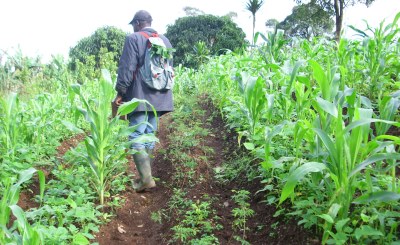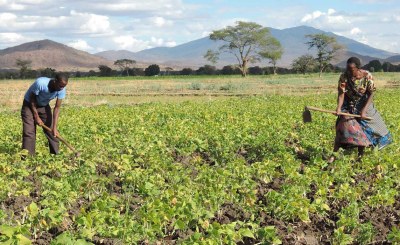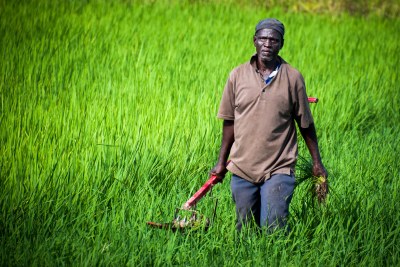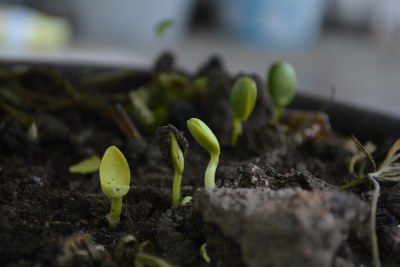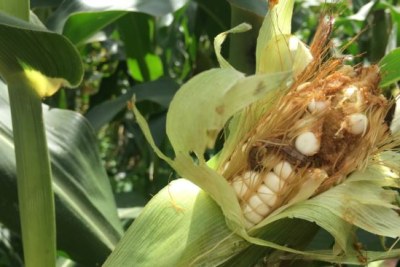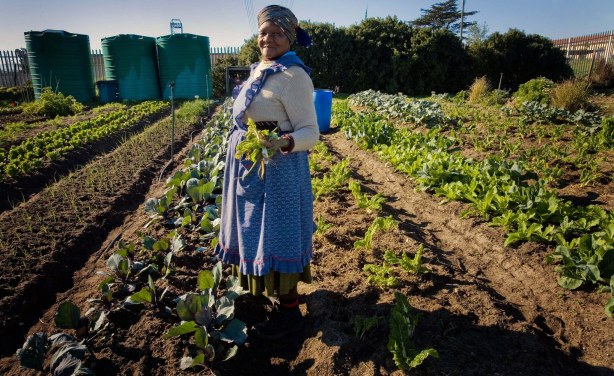-
Africa: Tracing the History of Farming Across Continent Gives Clues to Low Production Outputs
The Conversation Africa, 5 July 2021
Agriculture in sub-Saharan Africa is under-performing, leaving 30% of people in the region food insecure. Food insecurity means that not all people, at all times, have physical,… Read more »
-
Africa: As Some Farmers Hit Climate Limits, Bolder Steps Needed to Survive
Thomson Reuters Foundation, 23 June 2021
Failure to adapt agriculture to climate shifts could cause catastrophic food shortages, World Resources Institute warns Read more »
-
Africa: Africa's Drylands Are Getting More Support. How to Make the Most of This
The Conversation Africa, 17 June 2021
The United Nations (UN) recently launched the Decade on Ecosystem Restoration to prevent, halt and reverse the degradation of ecosystems worldwide. It is a response to evidence… Read more »
-
Africa: Feeding Africa From Africa - Smallholder Farmers to Leverage Free Trade
Africa Renewal, 11 June 2021
COVID-19 impact has exposed weakness of current food systems, but also revealed an opportunity for Africa to trade within the AfCFTA. Read more »
-
Africa: Increasing Africa's Agricultural Productivity!
The Point, 9 June 2021
Food security is an urgent global issue. The world population passed the seven billion mark in 2011 and it is expected to reach over nine billion by 2050. However, we only have… Read more »
Tracing the History of Farming Gives Clues to Low Outputs
Agriculture in sub-Saharan Africa is under-performing, leaving 30% of people in the region food insecure. Food insecurity means that not all people, at all times, have physical, social, and economic access to sufficient, safe, and nutritious food that meets their food preferences and dietary needs.
Several aspects of Africa's environment present challenges for its farmers. Rainfall patterns are extremely varied and unpredictable. Soils are geologically very old, and most are infertile and respond poorly to mineral fertilizer. Fertile soils are mainly found in the East African Rift Valley, and on the floodplains and deltas where silt is deposited, and require careful agricultural water management.
Before colonialism, farmers grew a diverse range of food crops, staggered planting for easy labour demands during harvesting, and managed risk in various related ways. But under colonial rule they were coerced into growing export commodities for which they received limited real value. They had no option but to neglect their own food crops, writes André F. Van Rooyen, Henning Bjornlund and Vibeke Bjornlund for The Conversation.
InFocus
-
The Green Revolution - the introduction of new higher-yielding seed varieties, increased use of fertiliser, irrigation, and other mechanisation introduced since the 1960s - brought ... Read more »
-
The black soldier fly is becoming an important weapon in the arsenal of small-scale and communal farmers in Zimbabwe who have been hard hit by drought, low prices, and escalating ... Read more »
-
New research suggests that socio-emotional and digital skills are linked to the increased agribusiness skills of youth. Dr Khadijat Amolegbe, a lecturer at Department of ... Read more »
-
Farmers could soon find relief from the devastation caused by fall armyworm following encouraging results from the use of indigenous natural enemies to fight the pest. ... Read more »
-
Joyce Kamande and Samuel Rigu, who met at university, are using their childhood experiences on small, struggling farms to help other rural farmers. They have built Safi Organics, a ... Read more »
